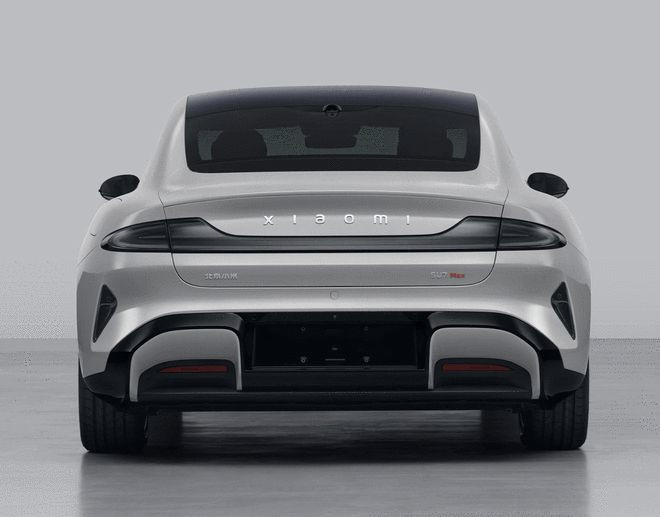Xiaomi, a tech giant renowned for its smartphones and home appliances, is making a bold entrance into the electric vehicle market. Amid speculation and leaks, the company is preparing its retail infrastructure and personnel for the launch of its first electric vehicle, rumored to be named the Xiaomi SU7. Renovations are currently underway at a Xiaomi store in Xujiahui, Shanghai, signaling the imminent arrival of the much-anticipated car.
Despite rumors of a December 28 launch event, store staff have indicated that there is no internal confirmation, and the display car is not expected until January or later. Furthermore, Xiaomi is actively recruiting for its automotive division, with positions open in sales, delivery, and service, indicating the company's serious commitment to establishing a strong foothold in the electric vehicle market.
Xiaomi's approach to selling its vehicles is innovative, leveraging its established network of Xiaomi Home stores and newly established delivery centers that will provide delivery and after-sales services. However, the size and location of existing Xiaomi Home stores pose a challenge for displaying cars. Only the largest stores, such as the one in Xujiahui, Shanghai, have been confirmed for car sales, with other locations potentially relying on separate delivery centers.
The buzz around Xiaomi's electric vehicle escalated with the leak of endurance parameters for two versions of the SU7 and photos of the actual car. The leaked photos, believed to be from a media event, revealed two versions of the vehicle in gray and green. Xiaomi responded firmly to the leak, stating that the responsible media outlet would be held accountable according to a confidentiality agreement, which includes a hefty penalty.
In an interview on CCTV's "Face to Face," Xiaomi Chairman Lei Jun expressed both excitement and apprehension about the company's venture into the automotive industry. Lei revealed that Xiaomi's investment in its first car is ten times that of other manufacturers, with a massive team of 3,400 engineers and over 10 billion yuan dedicated to research and development.
However, Lei also shared concerns about the sales prospects, fearing both a lack of demand upon launch and potential long waiting times if the car proves popular. This candid admission underscores the uncertainties and challenges that even a tech giant like Xiaomi faces when entering the competitive electric vehicle market.
While details about the Xiaomi SU7 continue to emerge, the final and perhaps most crucial piece of information - the price - remains undisclosed. Leaks have suggested a range of 190,000 to 300,000 yuan for four different versions of the car, but official confirmation is still pending.
As Xiaomi gears up for this significant expansion, the market eagerly awaits the official launch of the SU7. The company's successful foray into electric vehicles could not only redefine its brand but also significantly impact the electric vehicle industry.






